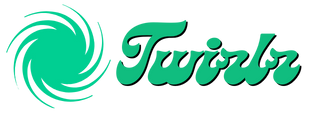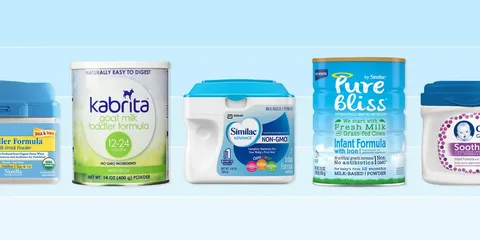New Zealand maintains stringent regulations to ensure the safety, quality, and ethical marketing of infant formula products. These regulations aim to protect infant health, promote breastfeeding, and provide clear guidance for manufacturers, healthcare providers, and consumers. Below is an overview of the key aspects of infant formula regulations in New Zealand.Health.govt.nz
Manufacturing and Food Safety Standards
Manufacturers of infant formula in New Zealand are required to comply with the Animal Products Act 1999. This includes implementing a Risk Management Programme (RMP) that addresses food safety hazards specific to dairy-based products intended for infants. As of November 1, 2023, all RMP operators must have updated their programmes to align with new regulations introduced under the Regulatory Redesign programme. MPIMPI
Key requirements for manufacturing include:MPI
- Maintaining hygienic premises and equipment.MPI
- Ensuring proper cleaning and maintenance procedures.
- Sourcing and testing raw materials to meet safety standards.
- Validating manufacturing processes to ensure product safety and quality.
- Conducting on-site verification to confirm compliance with safety standards.
Ethical Marketing and Advertising Restrictions
New Zealand implements the World Health Organization’s (WHO) International Code of Marketing of Breast-milk Substitutes through several codes:Gazette+12Wikipedia+12Health.govt.nz+12
- Infant Nutrition Council Code of Practice: A voluntary, self-regulatory code that applies to manufacturers, marketers, and distributors of infant formula products suitable for infants up to 12 months of age.Health.govt.nz+1Commerce Commission+1
- Code of Practice for Health Workers: Guidelines for healthcare providers to ensure they do not promote or distribute infant formula products inappropriately.Health.govt.nz
- Advertising Standards Code: Administered by the Advertising Standards Authority, this code governs the advertising of food products, including infant formula.
Compliance with the Food Standards Code is mandatory. These codes collectively aim to protect and promote breastfeeding by restricting the marketing and promotion of infant formula products. MPI+5Health.govt.nz+5Food Standards Australia New Zealand+5Health.govt.nz+4Commerce Commission+4Health.govt.nz+4
Labelling and Composition Standards
Infant formula products in New Zealand must adhere to the Australia New Zealand Food Standards Code. This includes:MPI+1Food Standards Australia New Zealand+1Wikipedia+1Health.govt.nz+1
- Using prescribed names such as “infant formula” and “follow-on formula.”Food Standards Australia New Zealand+3Gazette+3MPI+3
- Differentiating products through labels, text, pictures, and/or colour to avoid confusion with other products.Gazette+1Food Standards Australia New Zealand+1
- Providing clear storage instructions, including guidance for the period after the package is opened.Gazette
- Including a measuring scoop in powdered formula packages to ensure accurate preparation.
- Prohibiting nutrition content or health claims unless expressly permitted by the code. MPI+1Gazette+1
These standards are designed to ensure that consumers receive accurate and clear information about infant formula products.
Exporting Infant Formula
Infant formula is classified as an animal product in New Zealand. Individuals wishing to send infant formula overseas must comply with export requirements, including:MPI
- Registering as an animal products exporter under the Animal Products Act 1999.MPI
- Meeting the Export Requirements for Infant Formula Products and Formulated Supplementary Foods for Young Children.Food Standards Australia New Zealand+3MPI+3MPI+3
- Securing certification if official assurance is required for the destination market. MPI
These regulations help maintain the high quality and safety of New Zealand’s infant formula exports.MPI
Conclusion
New Zealand’s comprehensive regulations on infant formula NZ encompass manufacturing standards, ethical marketing practices, labelling requirements, and export protocols. These measures ensure that infant formula products are safe, of high quality, and marketed in a way that supports and promotes breastfeeding. For more detailed information, individuals and businesses can refer to the Ministry for Primary Industries and the Ministry of Health websites.


